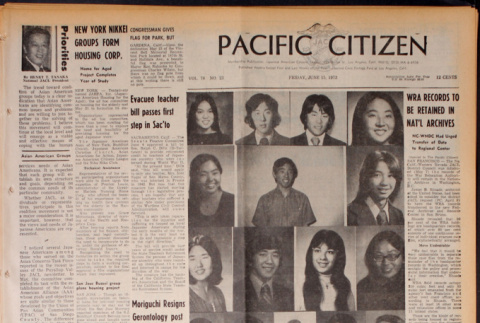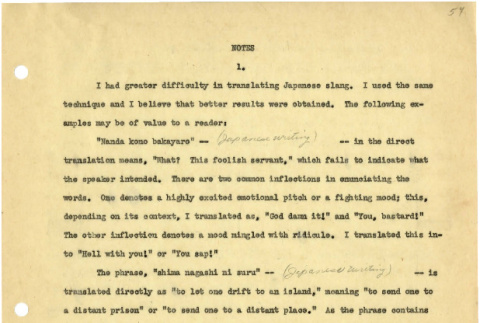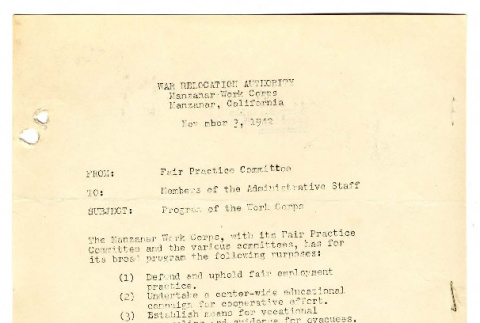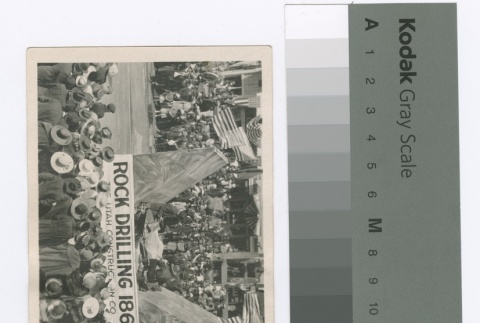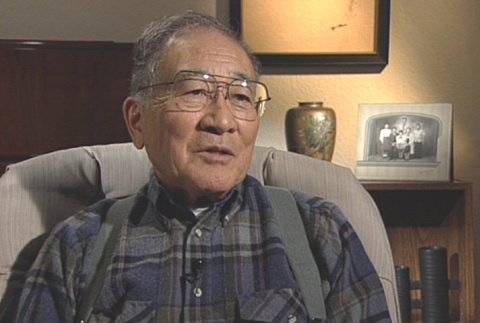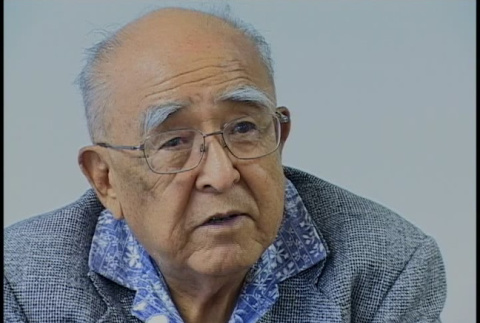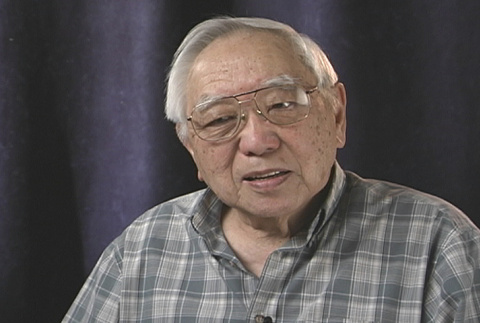Organized labor
Japanese immigrants, especially upon arrival, labored at menial jobs in the industries of agriculture, railroads, lumber, canneries, mining, and fishing. These workers toiled under poor, unsanitary, and often dangerous conditions for low wages. Around the turn of the century, sugar-beet harvesters earned about $1.25 for a ten-hour day, railroad workers earned between $1.00 and $1.25 per day, and Alaskan cannery workers earned between $100 and $200 for a six-month season. They actively sought to better their wages and living conditions through organizing unions and engaging in strikes, despite being barred from white unions.
Industry and employment
(481)
Organized labor
(61)
Related articles from the
Densho Encyclopedia :
Koji Ariyoshi,
Karl Yoneda
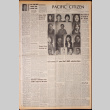
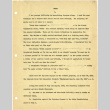
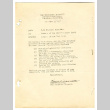

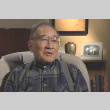
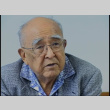
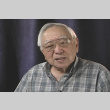
This interview focuses on the narrator's experiences working in the Alaska salmon cannery system in the 1930s.

This interview focuses on the narrator's experiences working in the Alaska salmon cannery system in the 1930s.

This interview focuses on the narrator's experiences working in the Alaska salmon cannery system in the 1930s.

This interview focuses on the narrator's experiences working in the Alaska salmon cannery system in the 1930s.

This interview focuses on the narrator's experiences working in the Alaska salmon cannery system in the 1930s.
